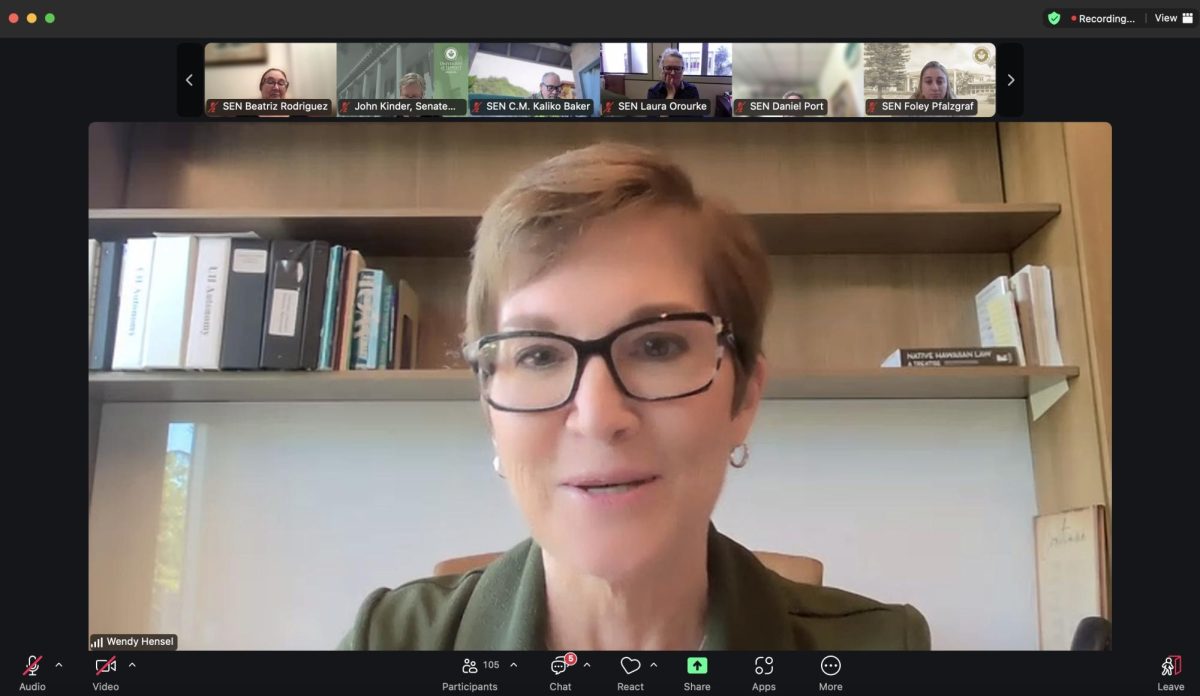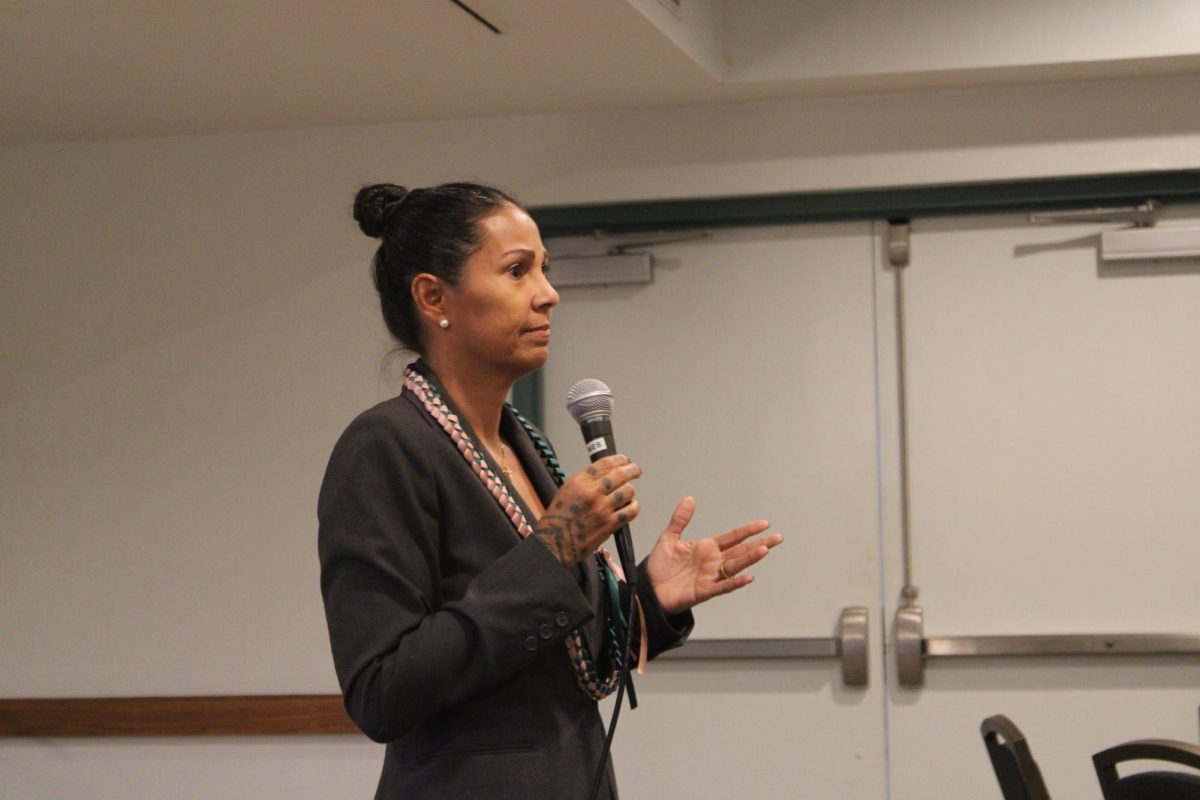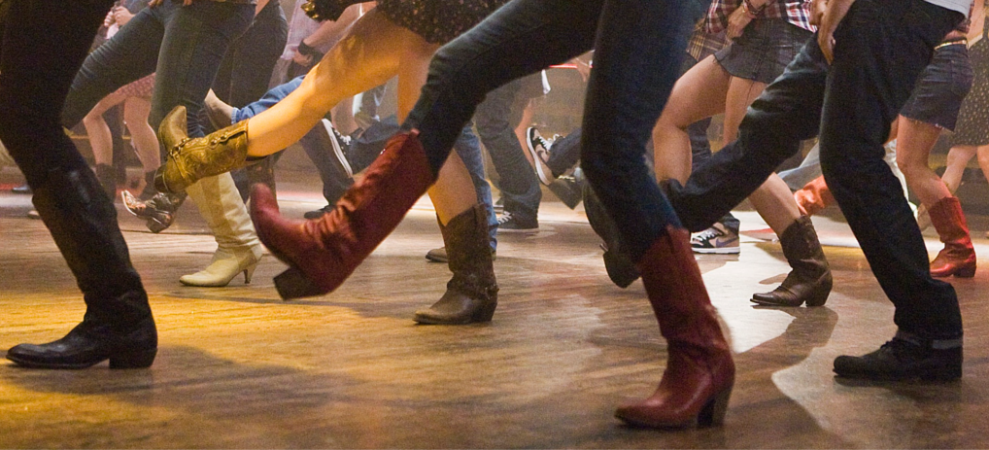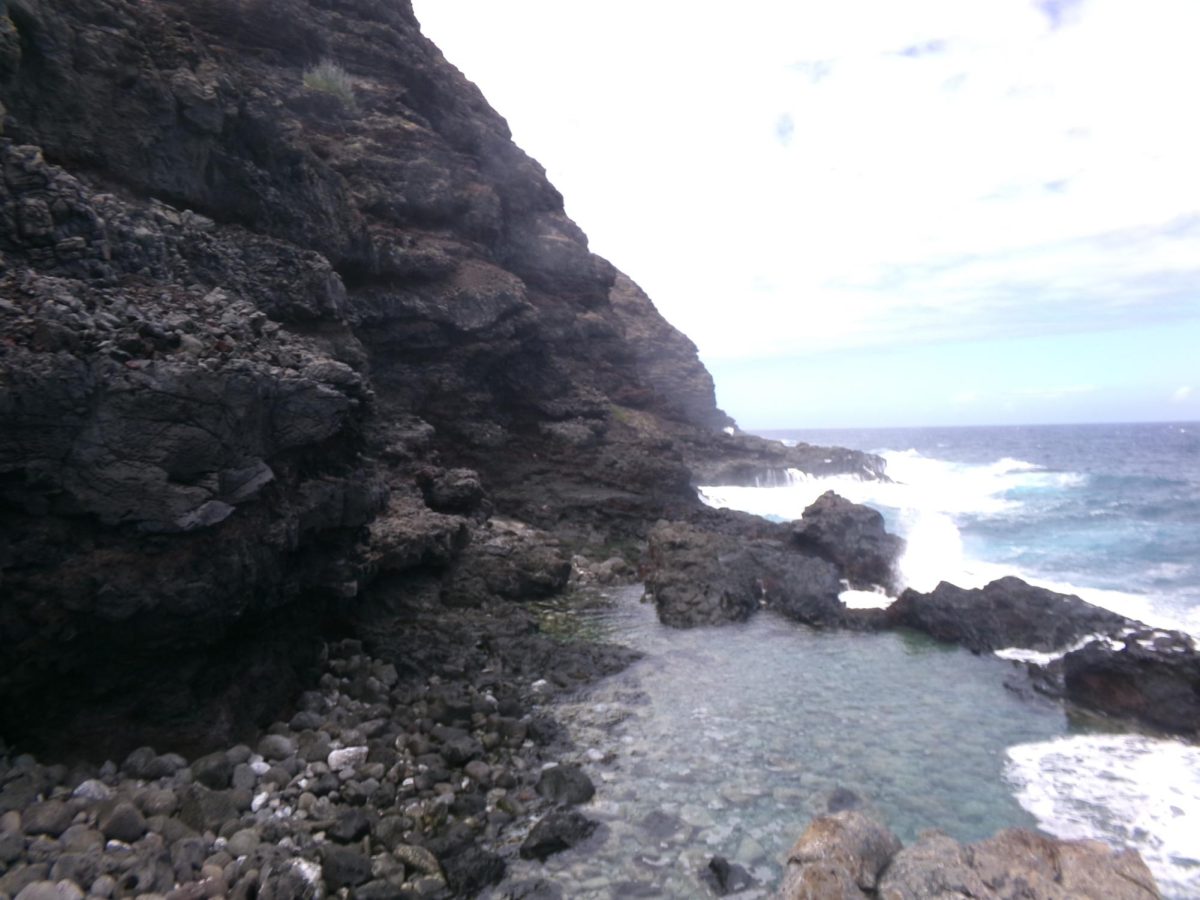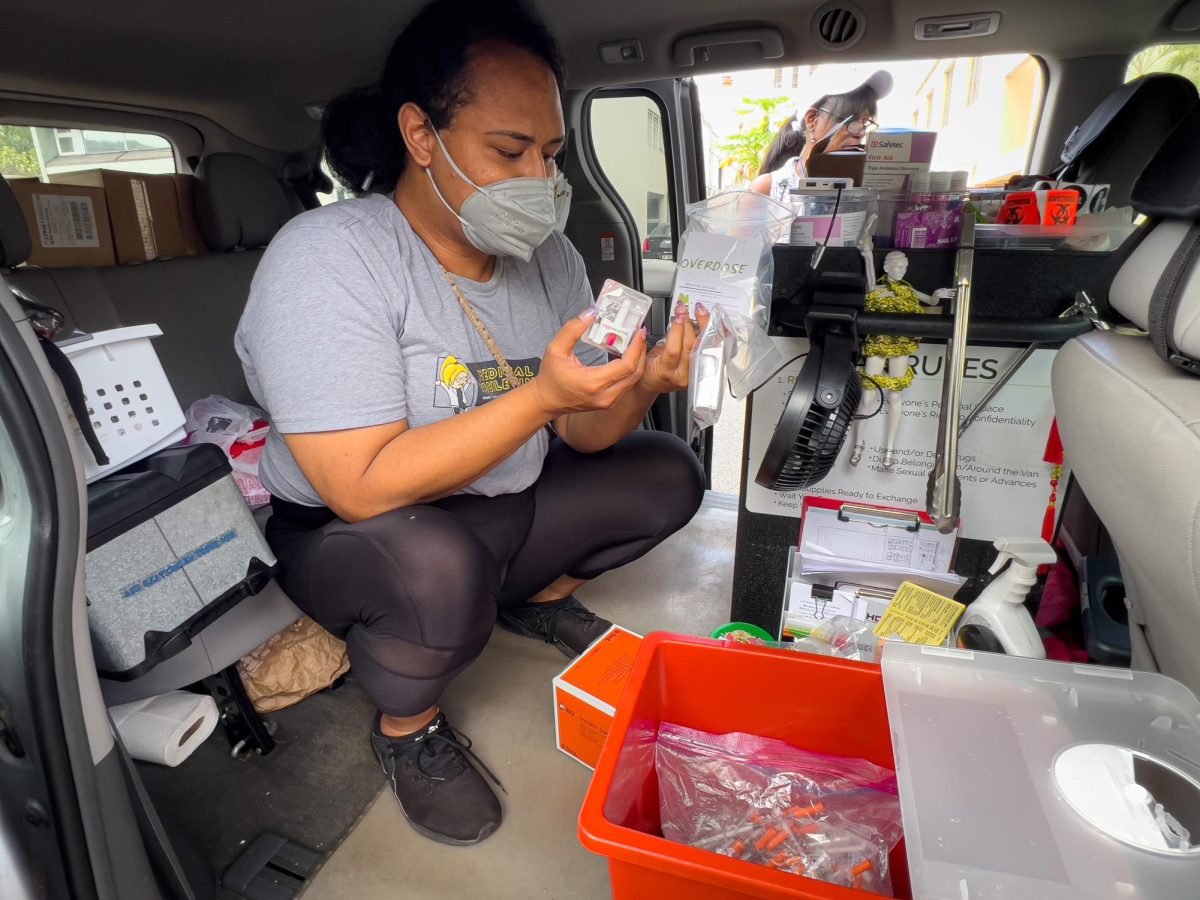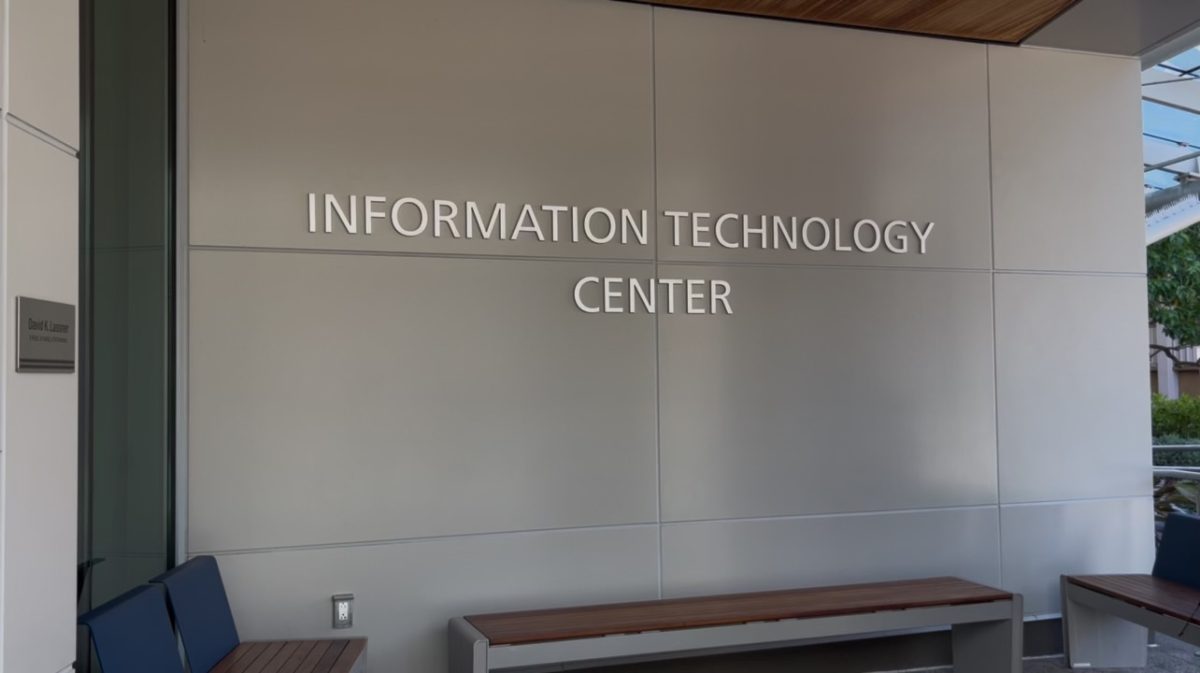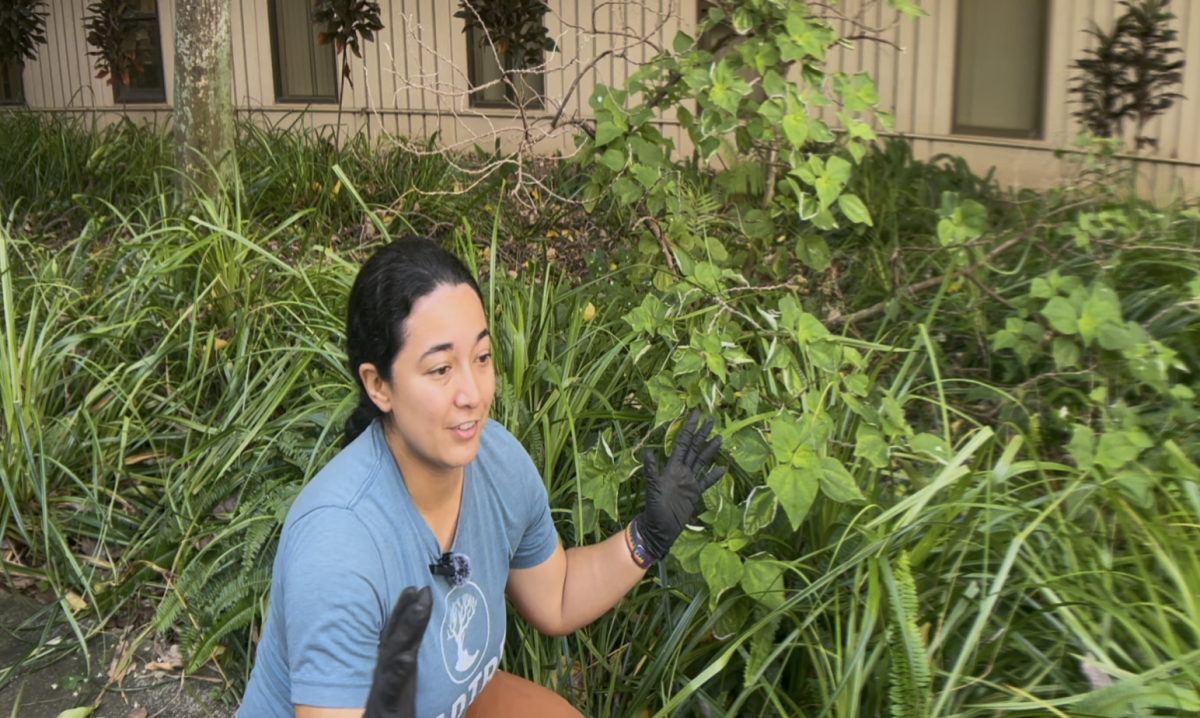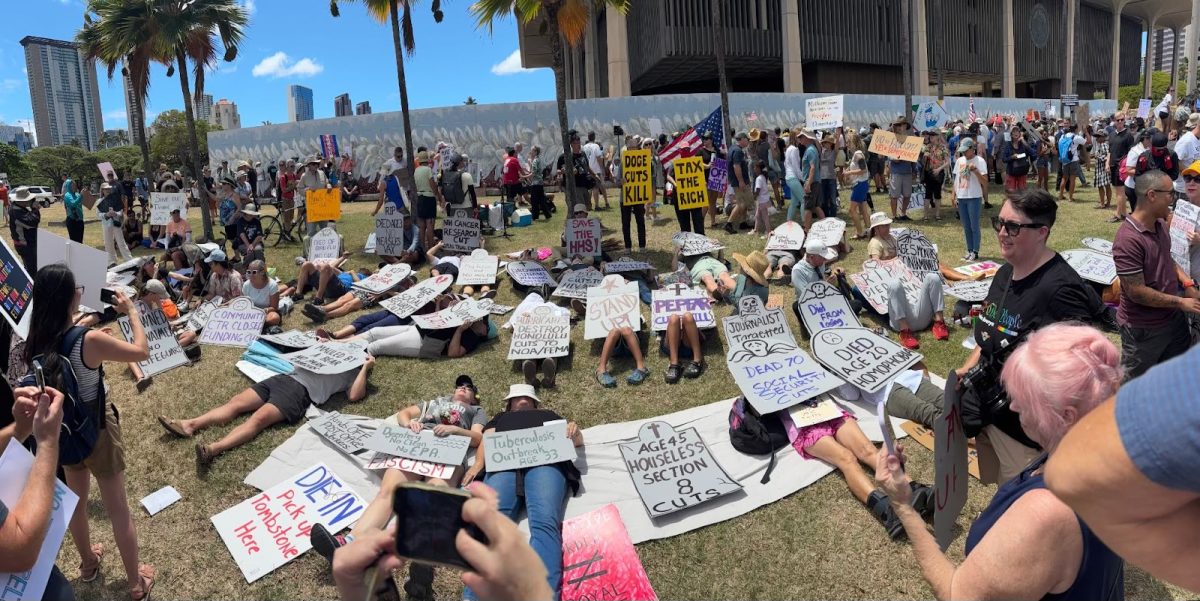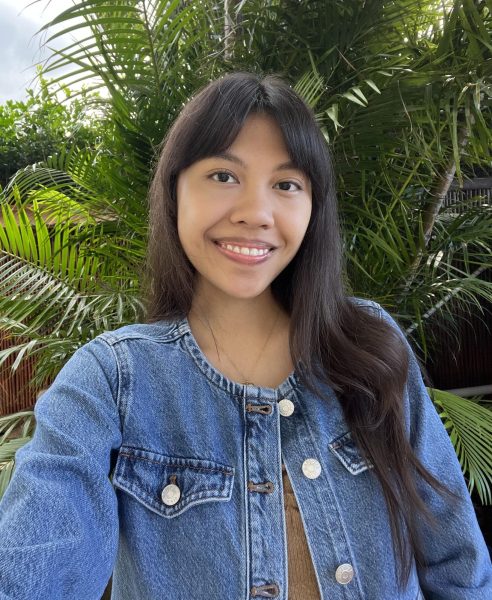President Trump’s executive orders are already impacting the University of Hawai’i at Mānoa, according to Kiriko Takahashi, interim director at the Center on Disability Studies.
In April, disability advocates and researchers will discuss their work at the CDS-sponsored 40th Annual Pacific Rim International Conference on Disability and Diversity. However, Takahashi said that some of CDS’s federal partners are now prohibited from attending the conference.
“It just shocked me to hear that the impact of the executive order is actually happening,” Takahashi said.
Takahashi is not the only UH Mānoa faculty member who is worried about sustaining the diversity, equity, and inclusion (DEI) programs on campus—the new UH President Wendy Hensel plans to continue these programs.
On Jan. 20, Trump rescinded executive orders that support marginalized groups, such as Asian Americans, Pacific Islanders, Native Hawaiians, and LGBTQ+ people. The largest racial-ethnic populations for full-time students across all UH campuses are Caucasian (21.9%), Hawaiian/part Hawaiian (20.8%), and Filipino (11.9%), according to Fall 2023 data from the Institutional Research, Analysis & Planning Office.
On Jan. 15, the UH Mānoa Faculty Senate held a Zoom meeting to welcome Hensel and bring issues to her attention. Faculty members were mainly concerned that the Trump administration will prevent DEI efforts at UH. DEI involves programs and policies that allow representation of people of different races, genders, abilities, sexual orientations, and religions.
Hensel has advocated for the civil rights of disabled people and worked in diverse institutions throughout her career. Hensel told faculty senators that she is focused on improving equity by closing achievement gaps. Hensel aims to increase student retention and graduation rates.
“It is our job to eradicate barriers to their success, and usually the barrier is us,” said Hensel.
In response to Trump rescinding executive orders 14021, 14031, and 14049, UH Spokesman Dan Meisenzahl said in a written statement that the university is assessing the impact of the executive orders.
“It is important to note that Hawaiʻi provides robust non-discrimination protection under state law,” Meisenzahl wrote. “As the state’s only public higher education system, we are committed to upholding the law and fostering a welcoming and respectful environment.”
The Office of Student Equity, Excellence, and Diversity (SEED) provides services and programs for marginalized groups at UH. SEED contains over 20 offices, promoting diversity and inclusion.
While DEI initiatives in employment are a commonly discussed policy, DEI also influences UH’s curriculum and activities.
Kimberly U‘ilani Chow-Rule, an assistant professor for nursing programs, believes that it is essential for education on marginalized populations to be included in the nursing curriculum. As a result, patients can be treated fairly by the healthcare system.
Many students at UH are required to take a class on Hawaiian, Asian, and Pacific Issues (HAP). The nursing department offers NURS 452, which relates cultural aspects to nursing.
‘Ike Ao Pono is a program that helps native students with recruitment and graduation in the nursing program. As a Native Hawaiian, Chow-Rule hopes that Hensel will support UH as a Native Hawaiian place of learning.
“Diversity is recognizing that even though we’re all together, we all are also unique and different,” said Chow-Rule.
Takahashi is worried that anti-DEI initiatives will limit funding for CDS, which conducts research, services, and activities for disabled people.
Takahashi is concerned that the amount that they receive may change but would not be compromised, since CDS’s funding is tied to federal law. She and her colleagues are focused on continuing their work despite their concerns.
Camaron Miyamoto, director of the LGBTQ+ Center, notes that there are some LGBTQ+ Centers in the U.S. that have closed due to anti-DEI legislation.
LeiLoni Allan-McLaughlin, the associate director of the former LGBT Resource Center at the University of Utah, says that the center offered student leadership cohorts and pride events. Since its closure, there have been higher rates of depression among queer students as they are unsure of where to find community on campus.
Miyamoto emphasizes that his center is committed to providing resources and services that help students succeed despite their gender or sexuality.
“I want to encourage everyone to work together for fairness, equity and respect on campus no matter what might happen at the national level,” said Miyamoto.


